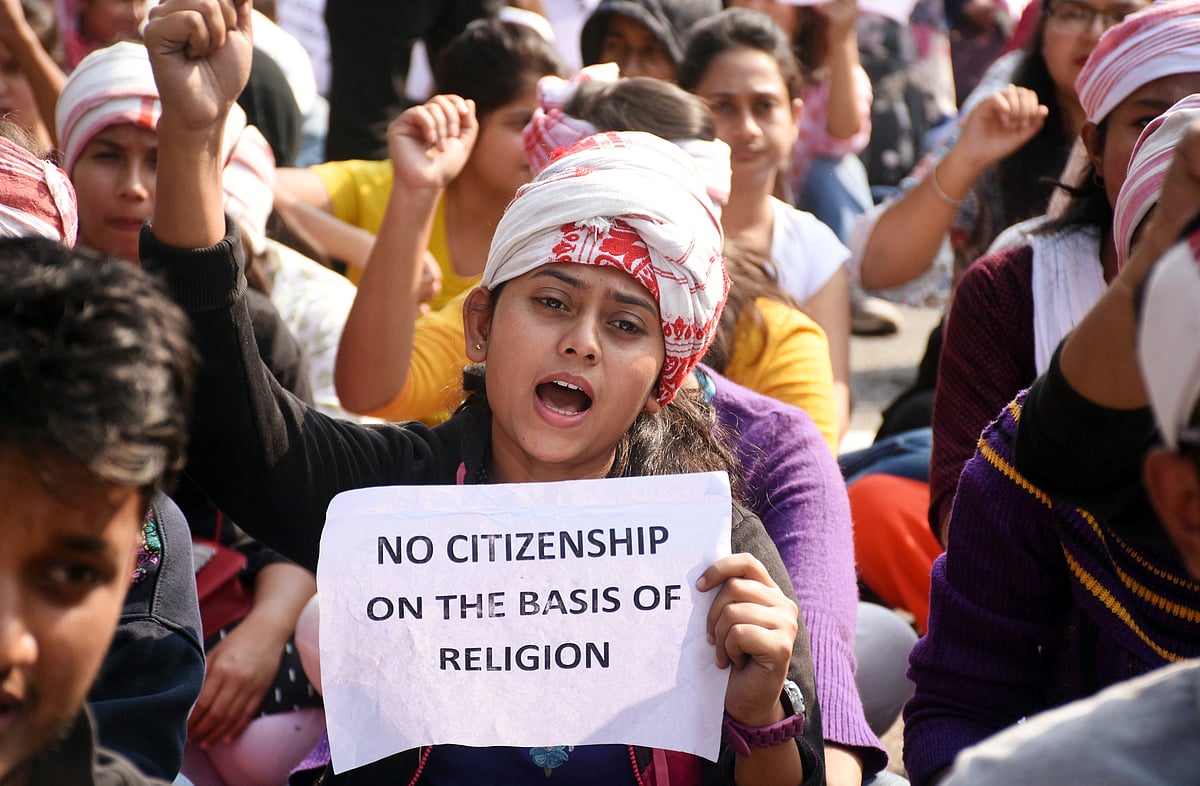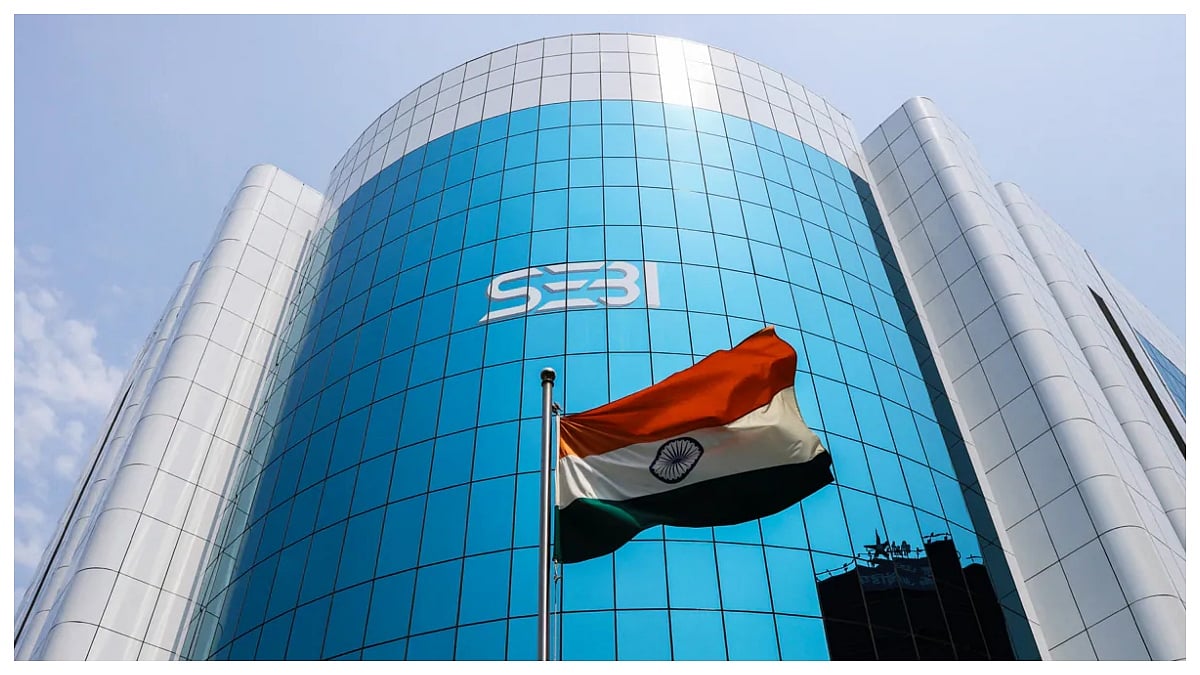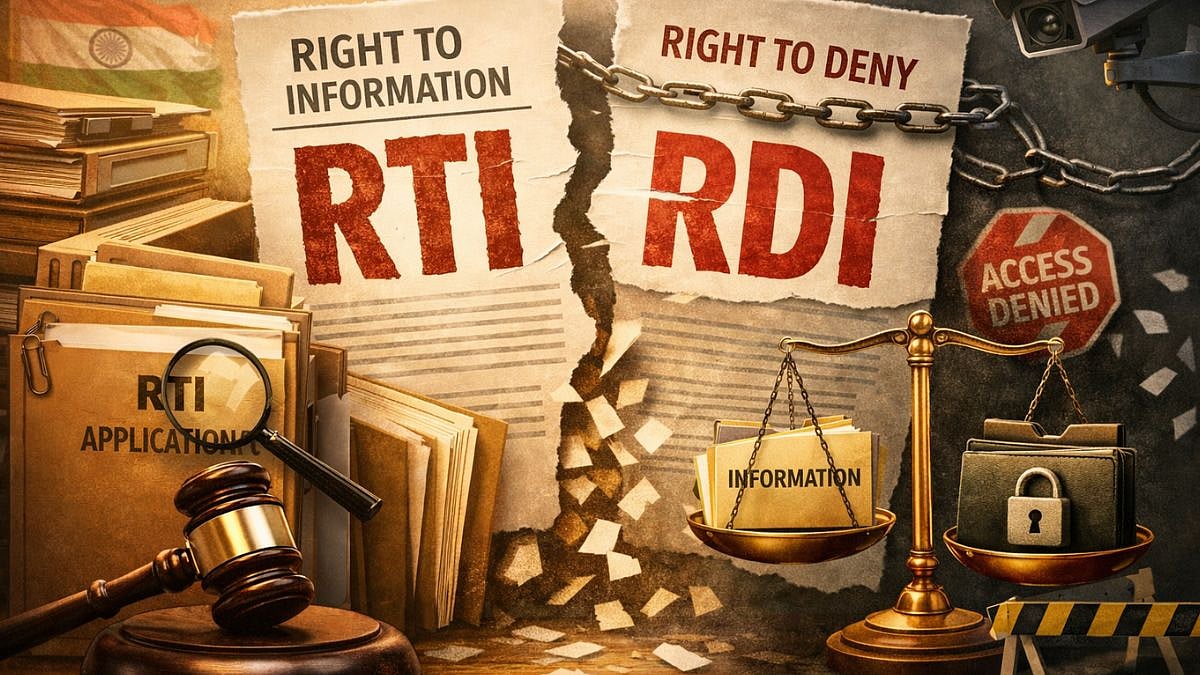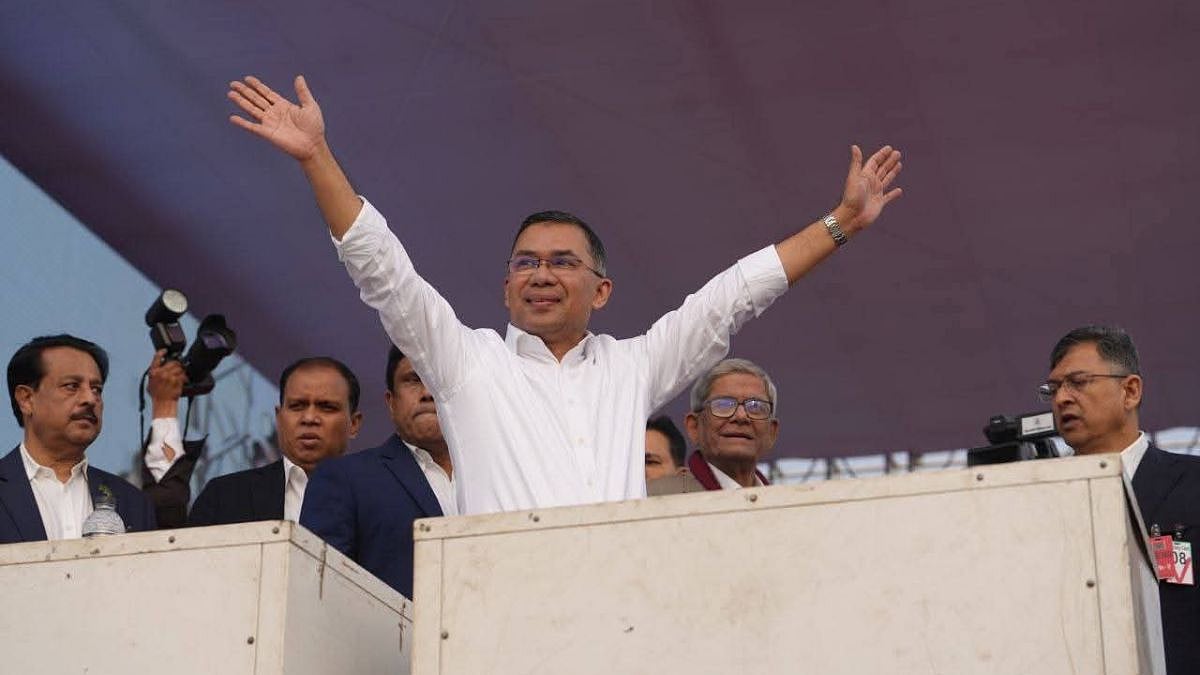Religious freedom is a contentious issue, never more so than now. Even as Union Home minister Amit Shah sought approval for a Bill that offers citizenship to persecuted religious minorities from certain countries, Aung San Suu Kyi defended the Myanmar government against allegations of religious persecution. Meanwhile, in an egregious display of moral policing, the US Commission on International Religious Freedom threatened Shah with sanctions.
Suu Kyi, arguably the best-known alumnus of Lady Shri Ram College, University of Delhi, is at The Hague, representing the government of Myanmar in a case arising from allegations of genocide. More to the point, the Nobel Laureate is herself being tried in the court of public opinion, for standing by while Rohingya Muslims in her country are persecuted by the Buddhist majority.
Shah is being criticised for a Bill that many have termed exclusionist, in that it grants citizenship to all illegal migrants from Afghanistan, Bangladesh and Pakistan, other than Muslims. In other words, refugees who have fled religious persecution in other countries and resided in India for at least five years, are entitled to citizenship.
The Citizenship Amendment Bill (CAB) ostensibly seeks to right a wrong, by granting official recognition to those compelled to flee Islamic states (where Islam is recognized as the state religion and/or as its ideological basis). The move is prima facie based on humanitarian principles. The exclusion of Muslims is logical, as they cannot claim religious persecution as grounds for quitting their countries and illegally breaching the borders of a sovereign state.
Should the same logic apply to Rohingya Muslims, 40,000 of whom are currently living in India? After all, they were pushed out of Myanmar in much the same way that Hindus and Christians have been evicted from Pakistan, Bangladesh and Afghanistan. While the implied distinction between political and economic refugees in the CAB has been long overdue, India has always accommodated the former, notably Tibetans and Sri Lankans, so why did it adopt a policy of forced repatriation of the Rohingyas?
The UNHCR has protested that the policy violates the principle of non-refoulement, that is, sending refugees back to their country of origin to face persecution. India has pointed out that it is not a signatory to the Refugee Convention of 1951 and is therefore not bound by the principle. It has, however, extended aid to Rohingya refugees housed in camps in Bangladesh.
The issue is admittedly complex. Myanmar's Muslim-majority neighbours have refused to give the Rohingyas anything more than temporary refuge. Myanmar regards them as being Bangladeshi migrants, but Bangladesh, which claims to have over a million Rohingyas within its borders, does not accept them as potential citizens. Malaysia and Indonesia, too, have adopted a hands-off approach.
The fact that the Islamic world is not laying out the welcome mat for the Rohingyas does not justify India's selective stance. But on a pragmatic level, the repercussions of legitimising illegal Rohingya migrants would be hard to handle. In the inevitable flood of migration, distinguishing Rohingyas from Bangladeshi illegals would be next to impossible. Such an influx would have serious security implications.
Decisions on granting asylum to refugees are always tough, because each one has a moving backstory. Moral and pragmatic issues have to be weighed and the outcome invariably outrages certain groups while satisfying others. The North-East, which has historically borne the burden of illegal migration, is opposing the legitimisation of refugees, regardless of their religious status.
The USCIRF has been snubbed by the Indian government and rightly so. The Citizenship Amendment Bill has been debated where it matters – in the Indian parliament. In any case, the USCIRF has more egg on its face vis-à-vis India than a frying pan. Prime Minister Narendra Modi was the first politician to attract sanctions for alleged violation of religious freedoms and was denied a US visa for almost a decade.
Needless to say, red carpet treatment replaced the travel ban in double-quick time. A couple of years later, he was invited to address the US Congress. And this year, the panel's claim that India’s index of religious freedoms had declined was disputed by none other than Commission Chairperson Tenzin Dorjee. Citing his experience of living in India for 30 years as a Tibetan refugee, he defended India’s open and multi-faith society.
Every sovereign state is tasked with the protection of its borders and to this end, has the right to expel, or to accept, illegal migrants. The approach is necessarily selective, because, as a BJP minister observed, India cannot be the “refugee capital of the world.”
The writer is a senior journalist with 35 years of experience in working with major newspapers and magazines. She is now an independent writer and author.










